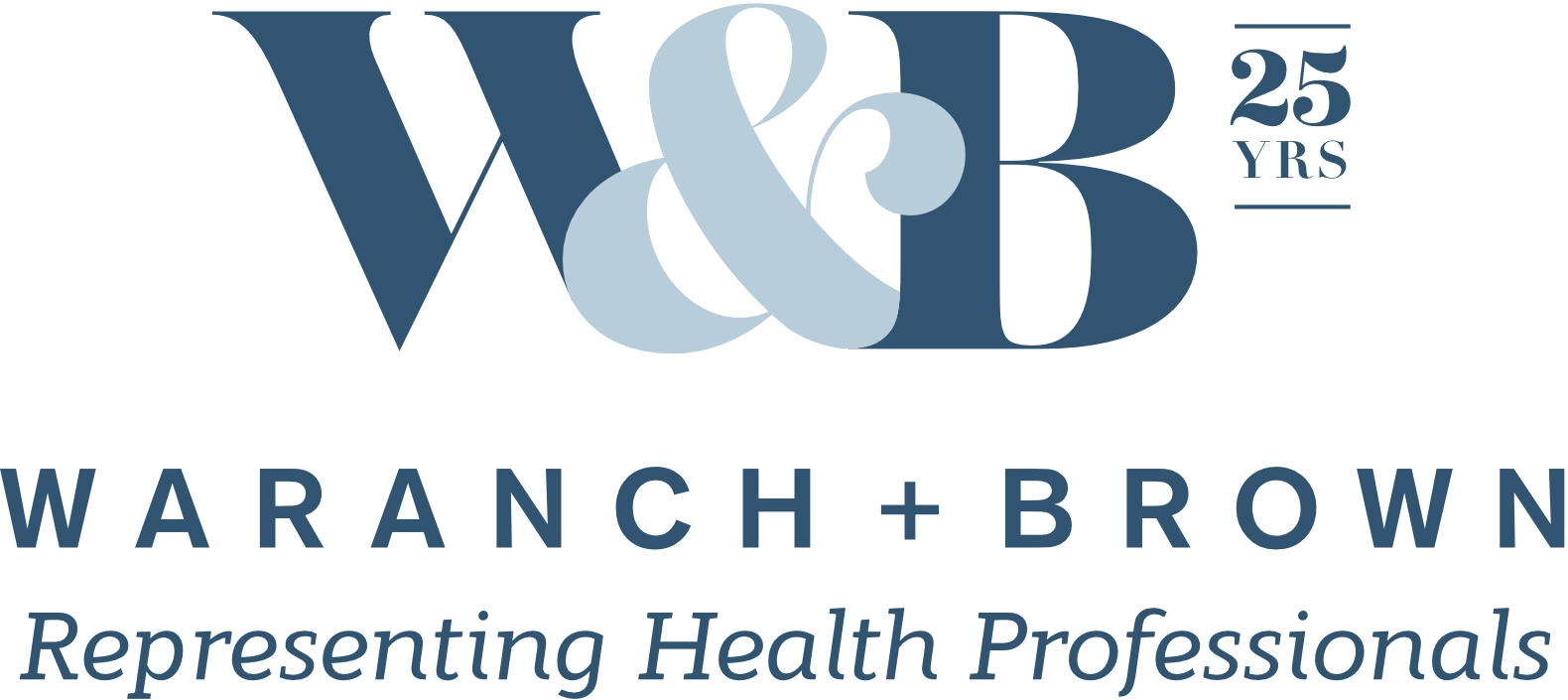In a recent Think Piece, we shared one strategy for achieving a favorable verdict at trial when the medical malpractice lawsuit concerns an encounter that occurred years ago, and your physician has no recollection of his or her involvement at first. Click here to review the first strategy.
Another strategy can be equally effective. It starts with asking: “What would you normally do in that setting? What would your routine practice be?” In other words, we elicit the doctor’s “habit evidence” at trial.
Recently, the Court of Special Appeals acknowledged what we have counseled all along:
Testifying about your routine and custom (“habitual response”) is permissible, even if you cannot recall doing it in the specific case at issue, and absent corroborating evidence (i.e., medical records).
Rosebrock v. E. Shore Emergency Physicians, LLC, 221 Md. App. 1 (2015).
The strategy in Rosebrock helped the jury get a more complete picture of the physician at work. The ER doctor testified that she “always” performs a lumbar examination of an immobilized patient. Although that specific examination was not documented in the medical record, the physician was allowed to describe her habit and custom for the jury’s consideration.
Thus, contrary to old rumors, just because a physician can’t remember it, or does not document it, does not mean she didn’t do it. It’s your custom, your practice and it is admissible to defend your care. So defend your habits; they may save your case!
If you want to discuss this or other trial strategies, give us a call.

